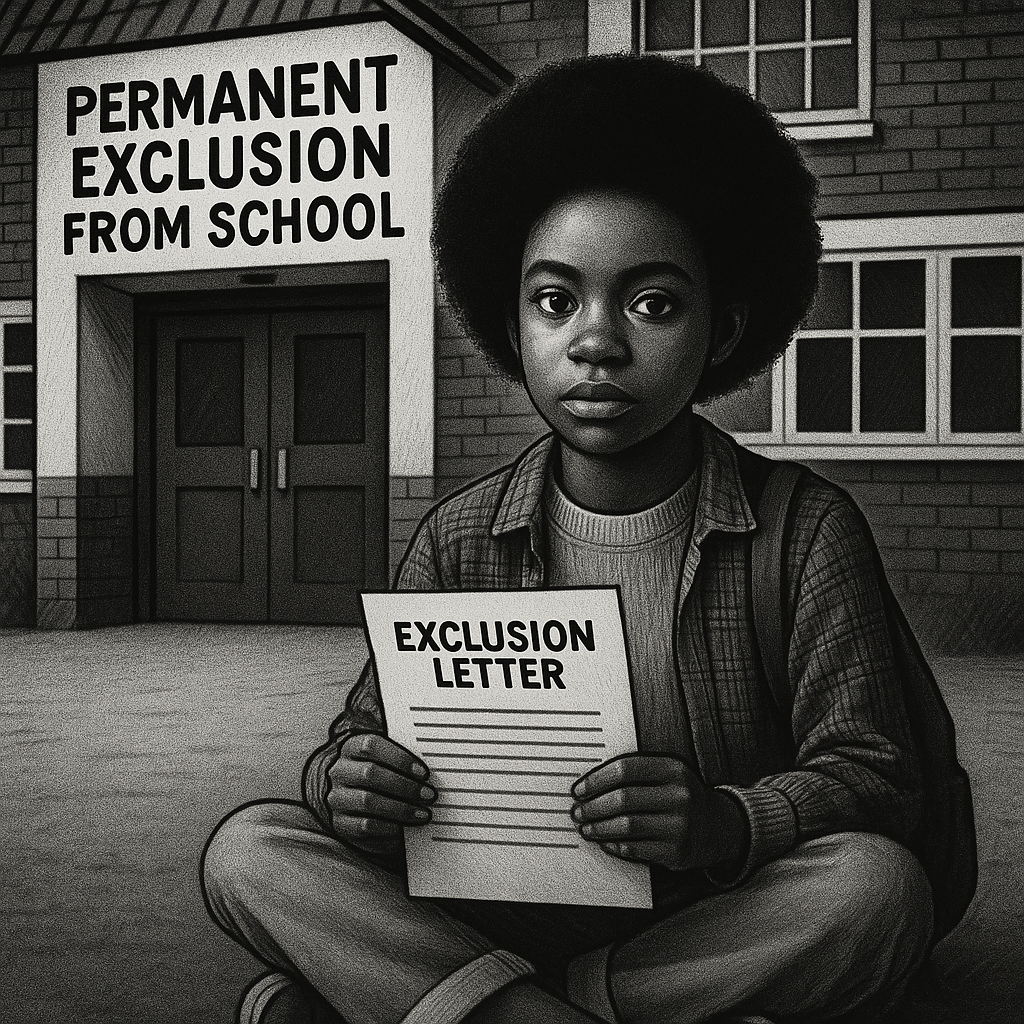School Exclusions in England: What Parents Need to Know

When Can a Child Be Excluded?
Schools can exclude a pupil if they break the school’s behaviour policy. Exclusions should be:
Lawful
Rational
Reasonable
Fair
Proportionate
Exclusions may be issued for serious, one-off incidents or for repeated breaches of behaviour expectations.
Only the headteacher (or acting head) has the authority to exclude a pupil.
Types of Exclusion
Fixed-Term Exclusion (Temporary)
Lasts for a specific number of days (up to 45 school days in one academic year).
May be extended or converted to permanent if new evidence emerges.
Lunchtime exclusions count as half a school day and must follow the same legal process.
Permanent Exclusion
The pupil is removed from the school roll.
The school must not remove the pupil from the register until all reviews (including Independent Review Panel) are complete.
Common Reasons for Exclusion
A pupil can be excluded for behaviour in or outside of school if it breaks the school’s behaviour policy. This may include:
Repeated refusal to follow instructions
Serious incidents involving violence or aggression
Persistent disruptive behaviour
However, schools cannot exclude a child for reasons such as:
Having a disability or special educational needs (SEN)
Academic underperformance
The behaviour of a pupil’s parents
Refusing to attend a reintegration meeting
Exclusion must always be a last resort.

